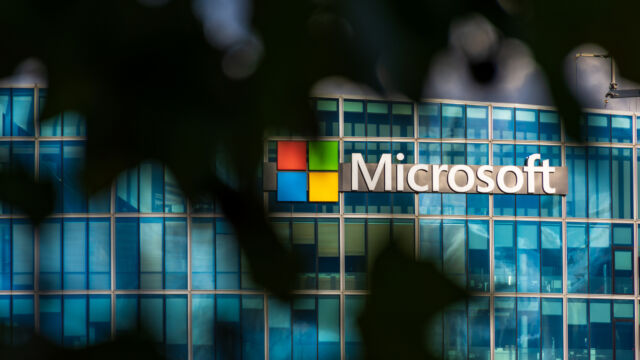Email Microsoft didn’t want seen reveals rushed decision to invest in OpenAI

🌈 Abstract
The article discusses Microsoft's concerns about falling behind Google in AI development, leading to a $1 billion investment in OpenAI and a partnership to accelerate AI breakthroughs. It also covers the implications of this investment during the US antitrust trial against Google's alleged search monopoly.
🙋 Q&A
[01] Microsoft's Concerns about Google's AI Advancements
1. What were Microsoft's concerns about Google's AI advancements?
- Microsoft's chief technology officer, Kevin Scott, warned in an email that Google had gotten too far ahead on AI and that Microsoft may never catch up without investing in OpenAI.
- Scott realized that while Google was already moving on to production for "larger scale, more interesting" AI models, it might take Microsoft "multiple years" before it could even attempt to compete with Google.
- As an example, Scott warned that Google's auto-complete in Gmail was getting "scarily good."
2. How did Microsoft respond to these concerns?
- Microsoft CEO Satya Nadella promptly forwarded Scott's email to the company's chief financial officer, Amy Hood, and said he wanted to explore investment opportunities in OpenAI.
- Mere weeks later, Microsoft had invested $1 billion into OpenAI, and there have been billions more invested since through an extended partnership agreement.
[02] Microsoft's Partnership with OpenAI and the Antitrust Trial
1. What was the purpose of Microsoft's partnership with OpenAI?
- Officially, Microsoft said the partnership was formed "to accelerate AI breakthroughs to ensure these benefits are broadly shared with the world," not just to keep up with Google.
- However, during the Google antitrust trial, Nadella testified that the partnership with companies like OpenAI ensured that Microsoft could continue innovating in search, as well as in other Microsoft services.
2. How did the OpenAI partnership factor into the Google antitrust trial?
- The DOJ argued that Google's alleged search market dominance had hindered OpenAI's efforts to innovate, and that ChatGPT and other innovations may have been released years ago if Google hadn't monopolized the search market.
- Nadella admitted that he had overhyped AI-powered Bing as potentially shaking up the search market, and that for Microsoft to compete with Google in search, there are "limits to how much artificial intelligence can reshape the market as it exists today."
3. What were the potential remedies suggested if Google loses the trial?
- A coalition of civil society and advocacy groups recommended potentially drastic remedies, including the "separation of various Google products from parent company Alphabet, including breakouts of Google Chrome, Android, Waze, or Google's artificial intelligence lab Deepmind."
Shared by Daniel Chen ·
© 2024 NewMotor Inc.